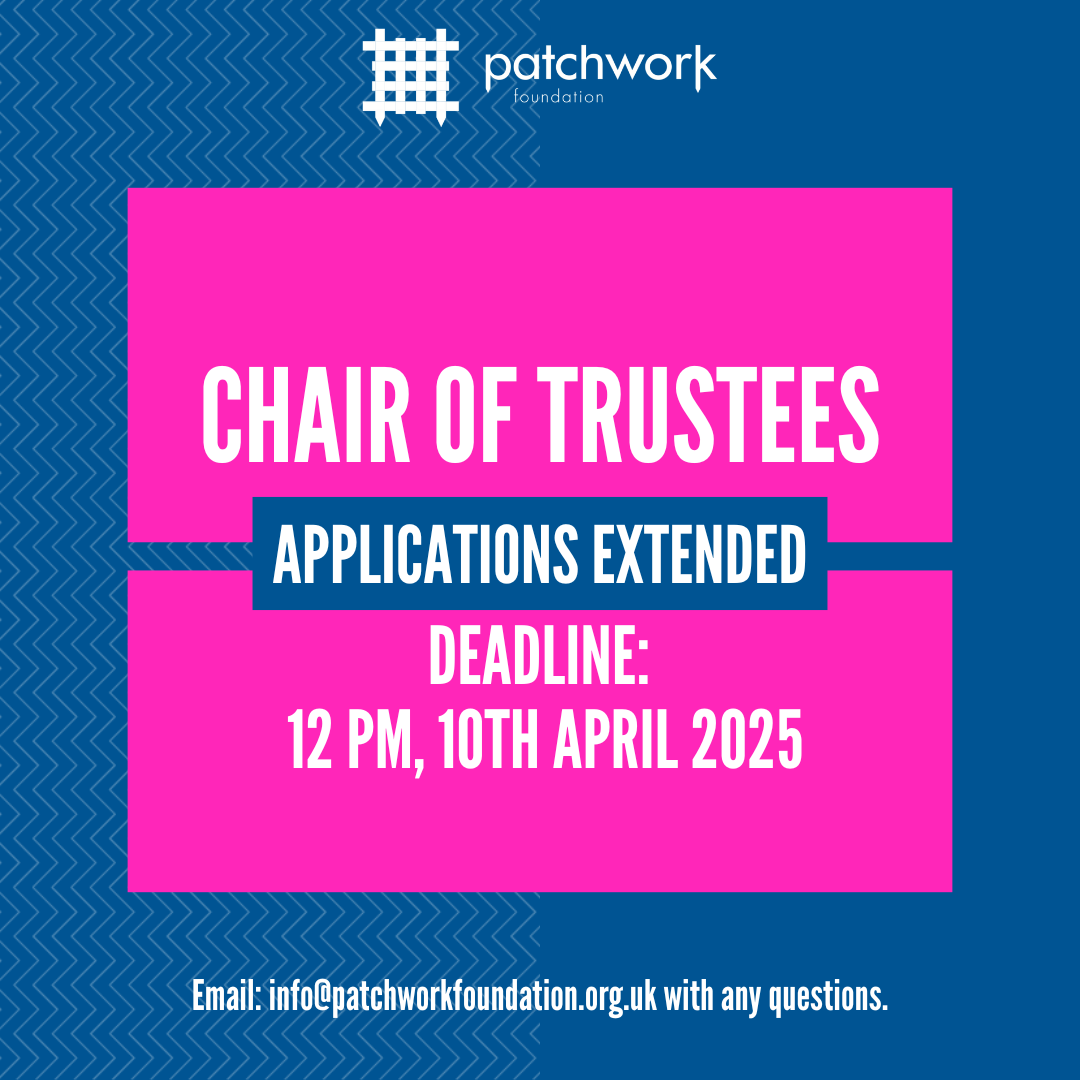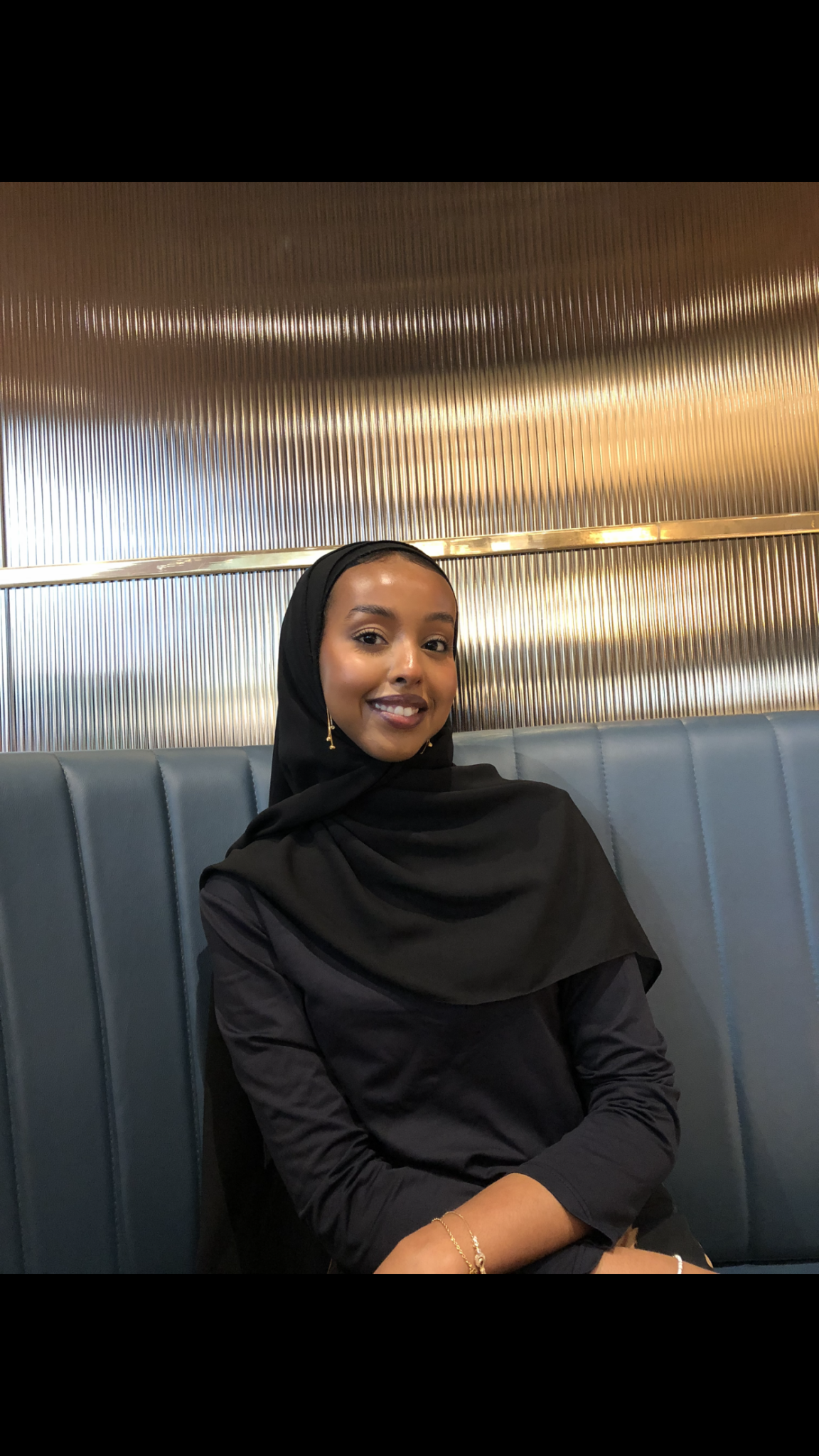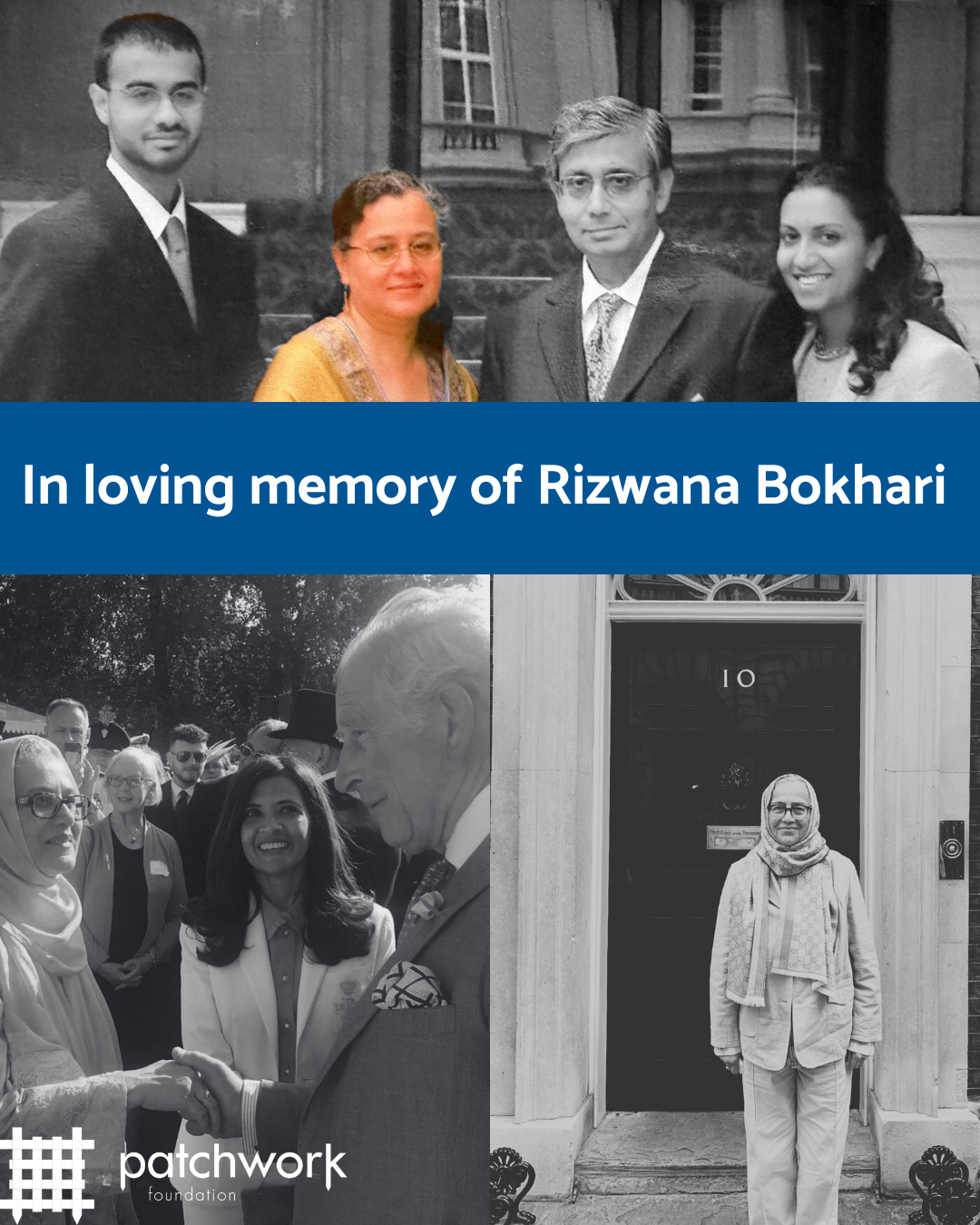Patchwork is beyond a leadership programme, it is an important mission that empowers people to take action, to act on issues that impact our communities and wider country at large. It makes politics human.
Alumni Spotlight: Parth Devalia
Parth Devalia is a political and policy consultant at Flint Global focusing on energy and sustainability issues. He previously studied Economics at the University of Warwick, and is an Alumni of the 2022 Masterclass programme.
What are you up to at the moment?
Right now I work at a political risk consultancy called Flint Global, focusing on the energy sector across the UK and Europe. Flint basically advises companies on how best to deal with the political, policy, or regulatory issues they face, and in the energy team a lot of our work is on advising companies that are integral to the energy transition. They can range from retail energy companies to those developing nascent renewable technologies – such as hydrogen, floating offshore wind, carbon capture and storage – and it’s great to gain experience across an area so important to sustainability and achieving net zero.
Flint’s also an incredible place to work because of the people – I was overawed at first, but I’ve now gotten more used to working alongside colleagues experienced at the highest levels of government and regulators, who are also just really lovely people. I’m learning a huge amount each day!
What has your journey been like since finishing the 2022 Masterclass programme?
Looking back it’s been intense – in the little over a year since finishing the programme I’ve graduated from university, interned in the civil service and private sector, moved from home to London and back, and I’m now seven months into my current role.
Despite these changes, it still only feels like last month we were stepping into No 11 Downing Street for the Masterclass graduation ceremony – peering up at the old portraits of former Chancellors, snacking on every passing canapé and listening to Alumni say that this was just the beginning of our time with Patchwork (they were right!). By then, the programme had shown me the variety of options available around politics and government, giving me the confidence to spend a year doing internships in this area after finishing my studies.
I started with the civil service and was placed in the Department for Energy Security and Net Zero (DESNZ) where I worked on the UK’s strategy to mobilise green finance. I spent the months absorbing everything about the UK’s approach and policy framework, transition plans, what the ‘Green Taxonomy’ is, and eventually delivered a project detailing the improvements needed for successful voluntary carbon markets (VCMs). Equally importantly, I learnt the practical workings of the civil service: how government consults with business over policy proposals, the roles and responsibilities at each Grade, what special advisers (SpAds) do, the broader stakeholder engagement that goes into policy formation, and a few of the million different acronyms they have for things.
These lessons proved extremely valuable for a later internship at Flint. This internship was a complete step-change in pace compared to the civil service, and I enjoyed developing the classic core consulting skills while working across a variety areas including geopolitics, tech regulation, and energy policy. I realised this was where I wanted to start my career and I’m glad to say I’m now well into and settled in my role.
You’ve done lots with Patchwork, with experience of the Masterclass and Conference programmes, mentorship scheme, and you’re now volunteering as Alumni. Looking back, which moment stood out for you the most?
Tough to choose just one! What comes to my mind is a moment actually after finishing the Patchwork programmes.
A tiny bit of background – Flint is a current sponsor of the Masterclass programme, and as part of my role I help run Flint’s relationship with Patchwork. One of the events we run in-person each year is a simulation scenario of a government process such as a spending review – where Patchworkers are divided into different ‘teams’ of government departments, and each department has to negotiate with the Treasury team to convince them to fund their departmental objectives (as happens in real-life governmental spending reviews). It’s frantic and hectic but a lot of fun and in the end each team has to present the outcome to ‘No 10’ (Flint Partners).
I helped organise last year’s event and fortunately it went really well – a highlight being our new Patchwork CEO, Claire Eadington, joining in as part of the ‘No 10’ team – and we got great feedback about the session. Running this was so special because one year before, I had attended the same exact session but as a Patchworker on the Masterclass programme – and a year later here I was organising the event having entered working life. It was a real full-circle moment for me and I’m fortunate to be able to give back to Patchwork through my role.
Some core Patchwork values are respect, empathy, and openness. What does this mean to you, and why is this so important in politics?
We all know the problems with political culture today – short-termism, partisan pandering, a feeling of missing accountability, honesty, etc. We also know these things contribute to low trust in politics and the political process, and arguably widespread disengagement with politics, in particular amongst young people.
I think these Patchwork values – respect, empathy, openness – are important in creating a culture where young people from wildly different backgrounds, and even more diverse political views, can come together to engage with people that directly challenge their own perspective. This kind of constructive engagement, where we learn to how to disagree well with each other, is important for bringing depth back into our debates and elevating politics back to addressing issues of substance. I think this is needed because, like most Patchworkers, I see politics as too important to be ignored – there’s so much potential for positive change, to bring people together and feel they are contributing to something bigger.
Relatedly I’ve always felt that kindness is a strength, particularly when not being on the receiving end of it. It’s easy to get drawn into a spiral of negative discourse, but if you can stay unruffled and remain respectful, even caring, for someone who isn’t being that way to you, I think that says a lot about you!
Any parting pearls of wisdom?
My top advice for people just entering professional life is to work sustainably. You don’t need to do everything at once – it’s far better to be aware of your limits, manage yourself well, and grow your abilities over time, rather than over-exerting yourself. More important than any skill is being resilient, which makes you reliable and trusted in what you’re doing. (I think I learned this the hard way.)
And – notwithstanding the above – I’d advise Patchworkers to just get stuck in with what Patchwork offers as much as you can. If you’re unsure what route you want to take, doing the different programmes and learning as much as possible will help you figure out your way forward and what interests you the most. Don’t be put off from applying to things that seem out of reach or from putting yourself forward for opportunities outside your comfort zone – you are the only one with your experiences and perspective so don’t doubt how much you can offer!
Stay updated
Join our mailing list to stay up to date with all the latest!



